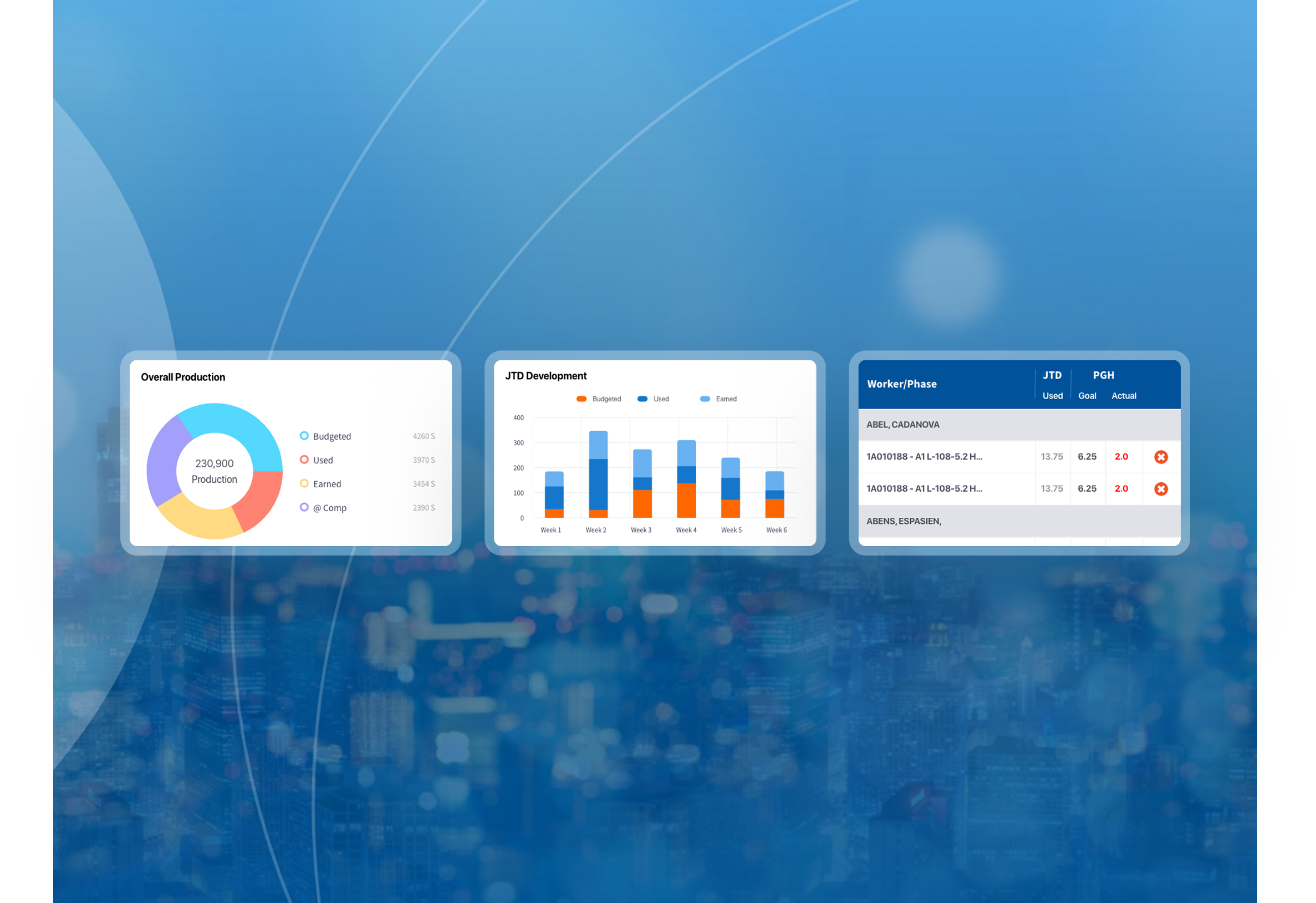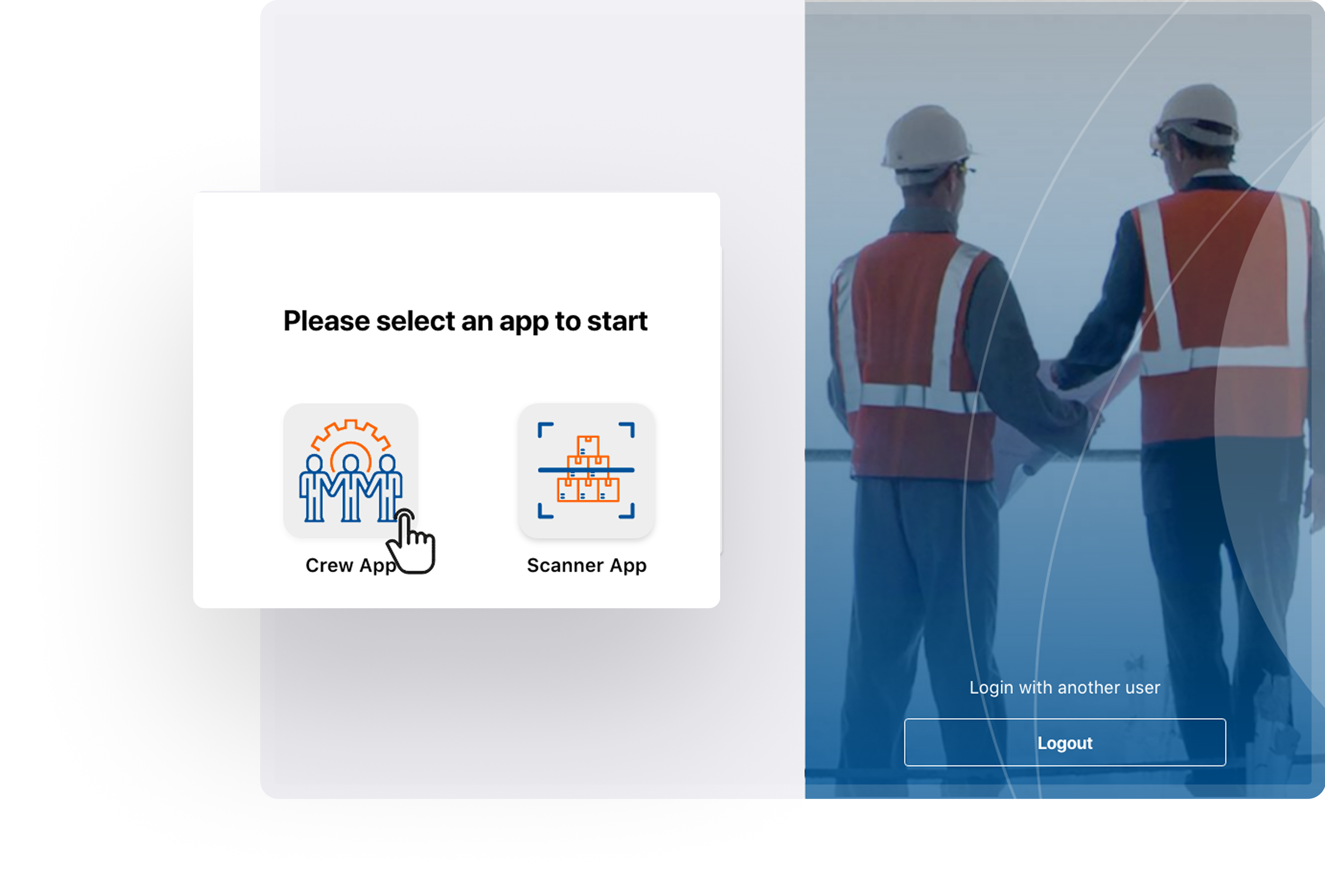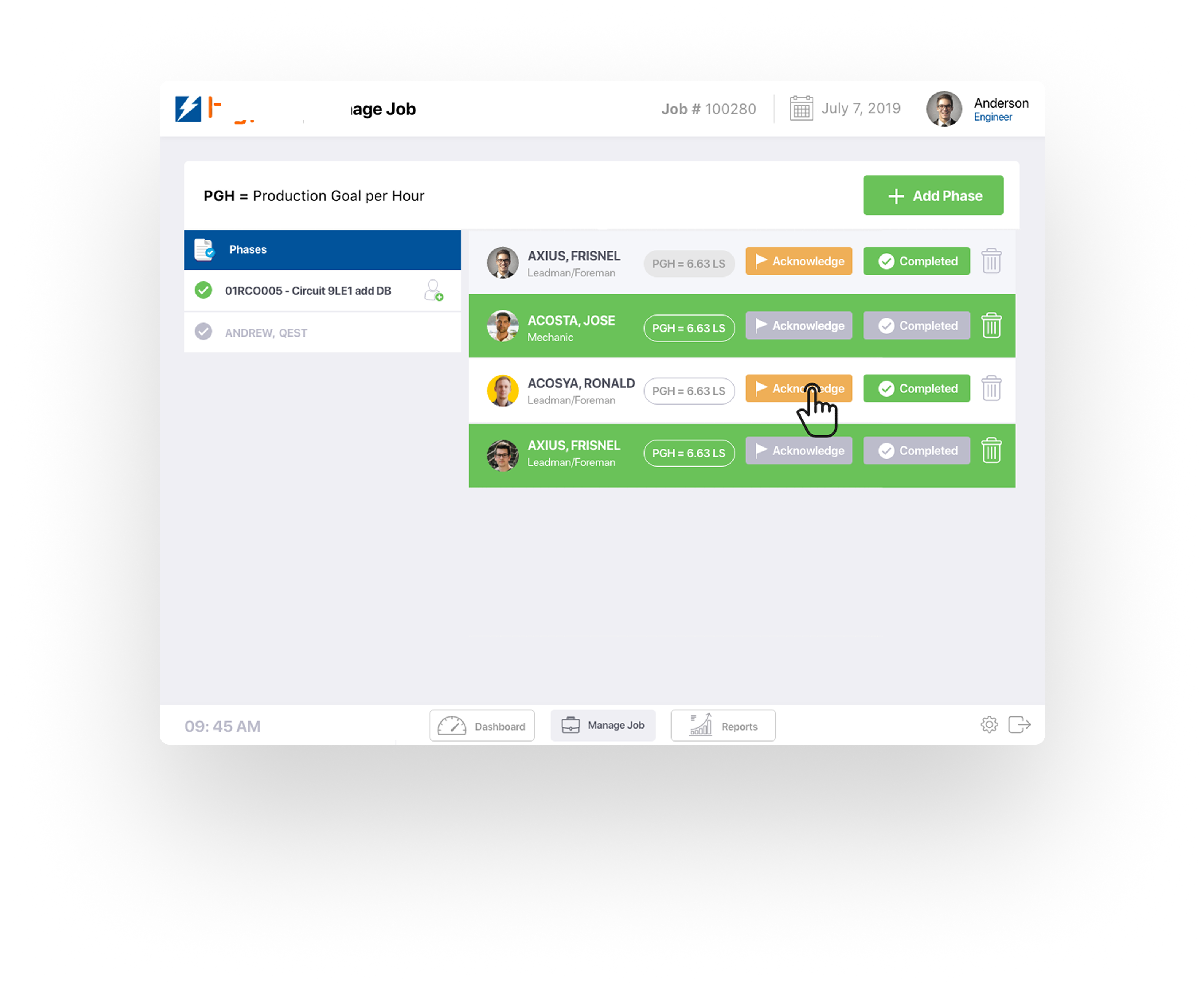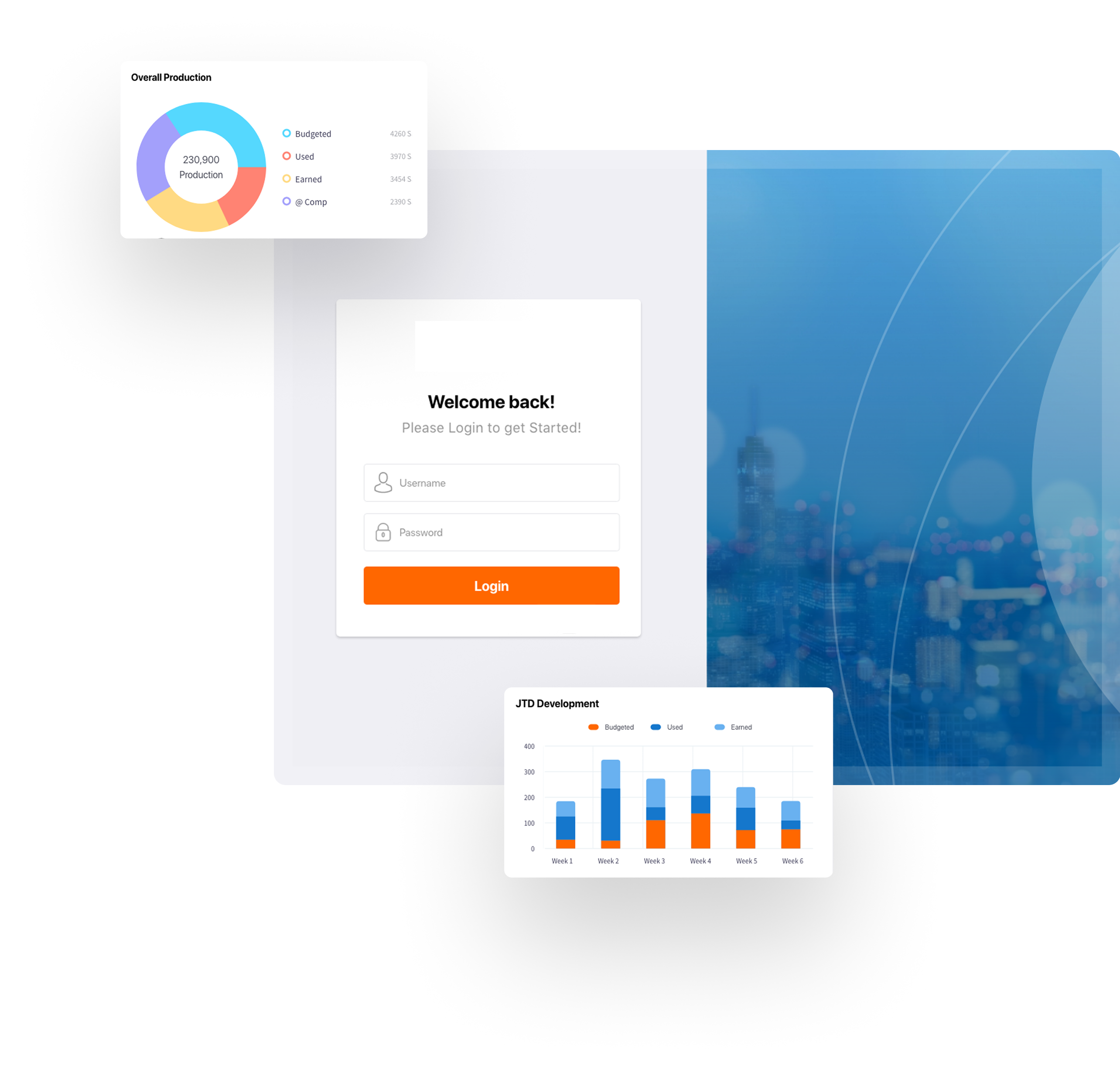
The iPad App was designed to optimize field operations by providing real-time access to project data, improving task execution, and enhancing collaboration between field and office teams. By integrating project updates, safety documentation, and work orders into a single mobile platform, the app became a vital operational tool—minimizing delays, increasing transparency, and enabling confident decision-making on-site.
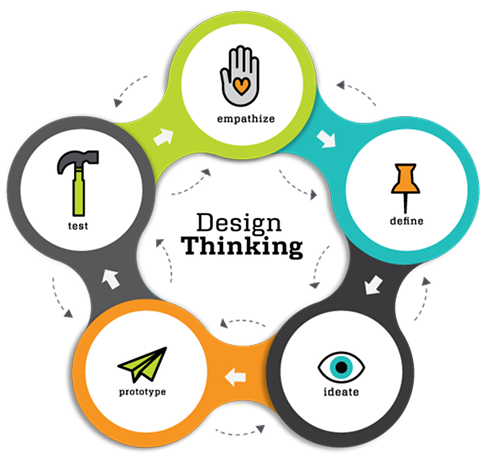
Our design process is a combination of Design Thinking & UCD. Design Thinking provide us ingrediants while UCD help us making a recipe & help how to solve this problem.
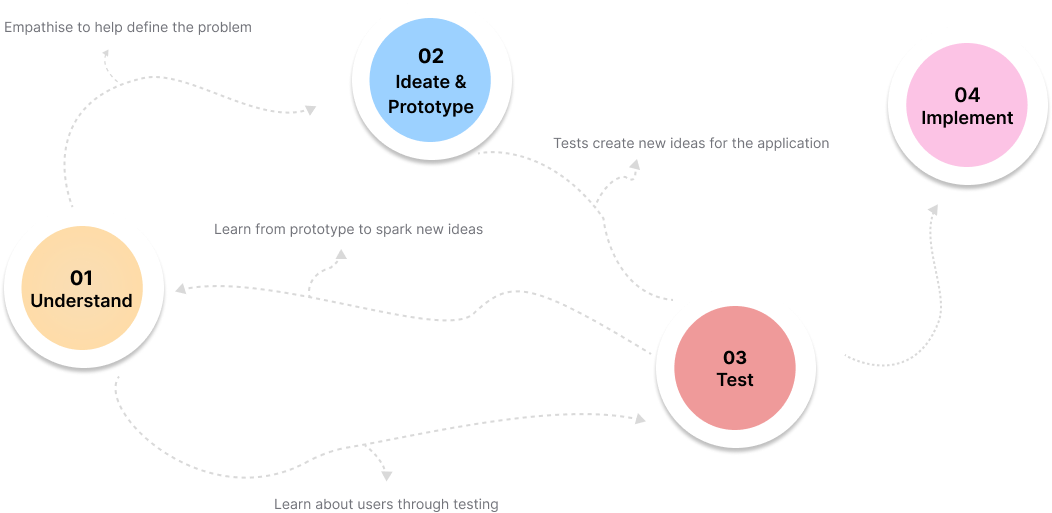
Field operations often suffer from fragmented communication, outdated workflows, and delayed reporting. The goal of this initiative was to create a mobile-first solution that:
Equipped field teams with instant access to project details, work orders, and safety protocols.
Enabled real-time updates and communication, eliminating the inefficiencies of manual reporting.
Streamlined on-site task tracking while reducing dependency on paper-based systems
The final solution needed to be highly functional, intuitive, and resilient in rugged field environments where connectivity may be limited, and speed is essential.
To ensure a truly useful solution, I conducted on-site observations and interviews with workers, foremen, and safety officers. The main pain points uncovered included:

Difficulty locating up-to-date project documents.

Frustration with clunky or slow mobile tools

Need for an interface that worked offline and was usable with gloves.
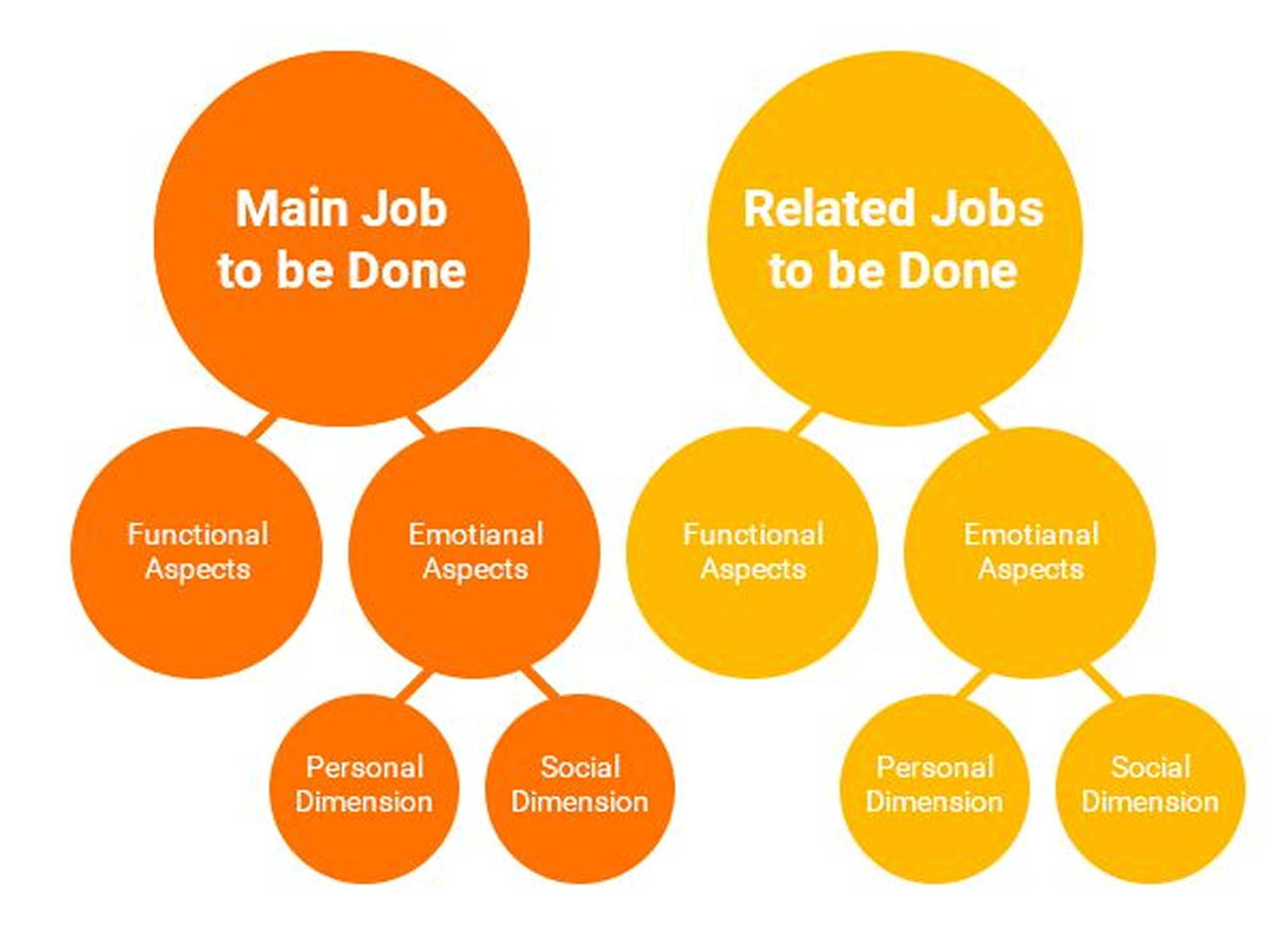
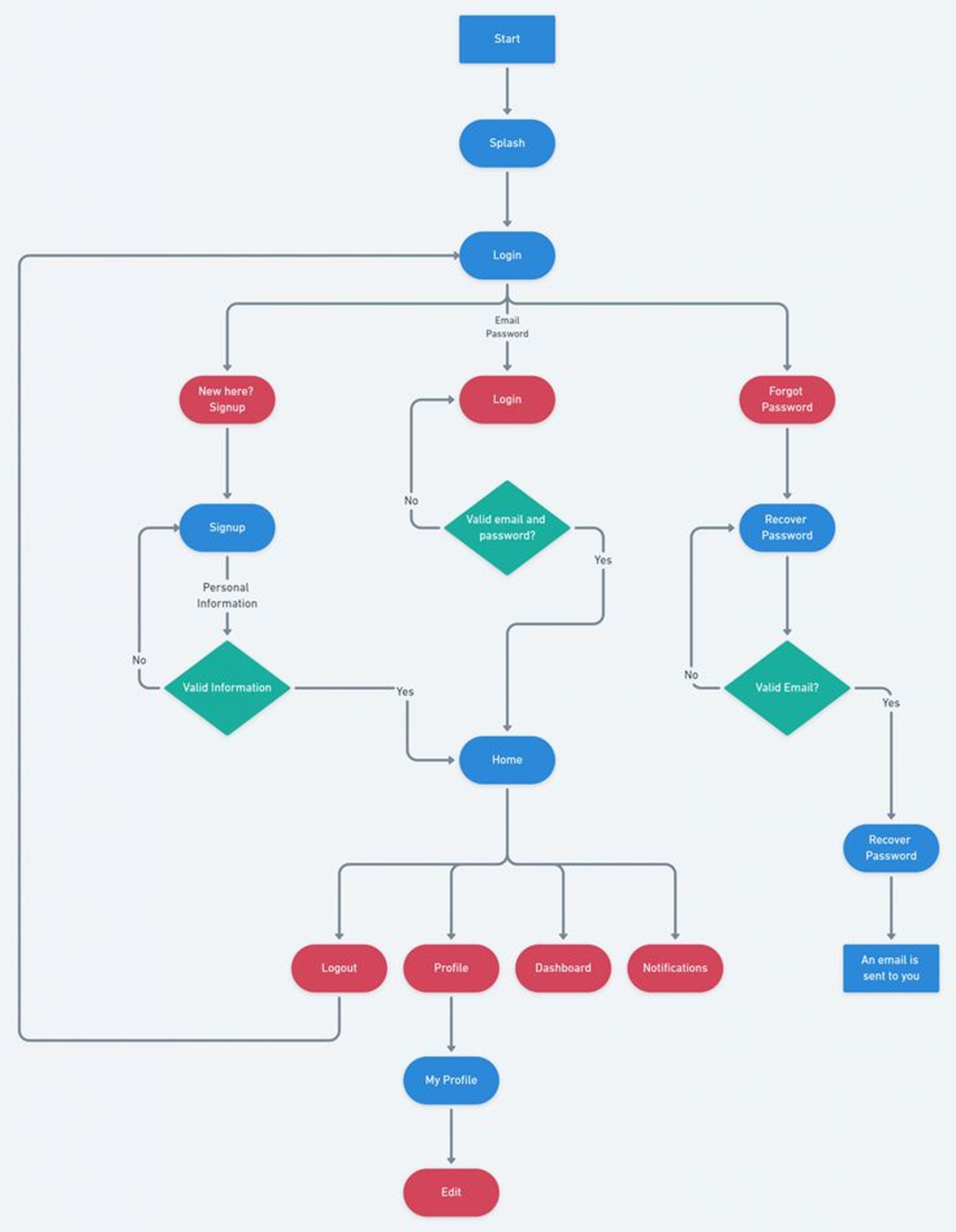
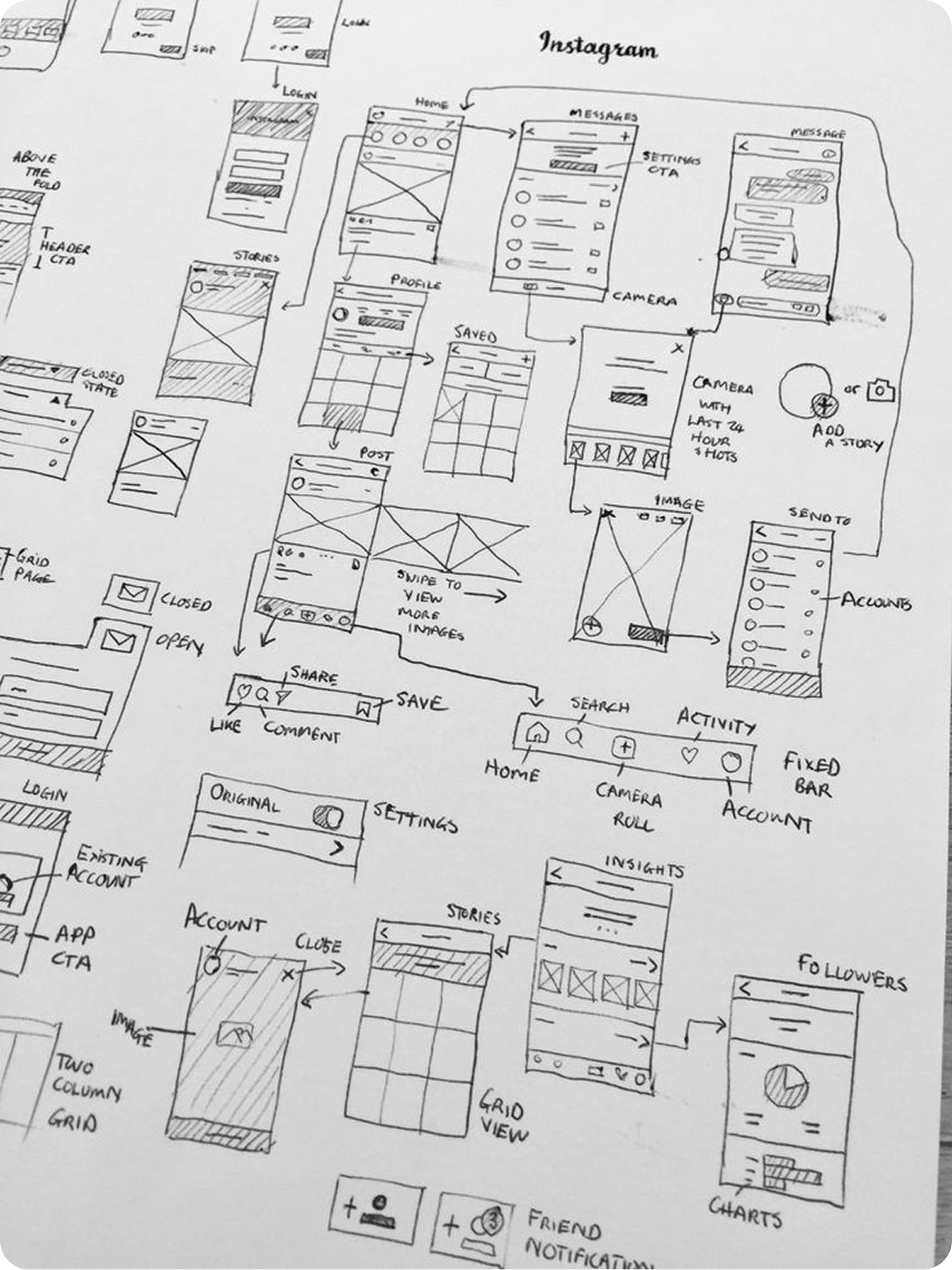
These insights informed the app’s offline-first capabilities, simplified navigation, and emphasis on core functionality.
Based on research, I created user flows and wireframes that prioritized:

Iterative feedback helped shape a reliable and user-friendly experience tailored to the realities of fieldwork.
High-fidelity prototypes were tested on-site with real users. We refined:

Touch targets to accommodate gloved use.

High-contrast UI elements for visibility in bright light.

Sync indicators and error messages to ensure trust in offline modes.
Every design choice aimed to reduce effort, increase clarity, and support rapid task completion in demanding environment
The visual language was designed to be clean, direct, and aligned with practical needs:
Neutral palette with accent colors for alerts and task status.
Reusable UI components like forms, checklists, and file uploaders.
Visual indicators for unsynced data, pending approvals, and incomplete tasks.
The interface supported at-a-glance comprehension and reduced the need for deep navigation
The iPad App delivered tangible value and adoption across field and office roles:

Daily workflows
60% faster access to project data, streamlining daily workflows.
Reports
3+ hours/week saved per user through digital forms and reports.

Safety compliance
Improved safety compliance and visibility, enhancing reporting and audits.
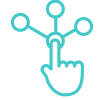
Usability
90%+ adoption rate within the first two months, thanks to field-tested usability.

Document tracking
Fewer errors and manual rework, supported by real-time syncing and document tracking.
The app successfully enabled digital transformation on the ground, empowering teams to work more efficiently, confidently, and collaboratively regardless of location.
High-fidelity designs brought the platform to life with detailed visuals and interactive elements. These designs incorporated all previous research and feedback, culminating in a polished and user-friendly interface ready for development.
